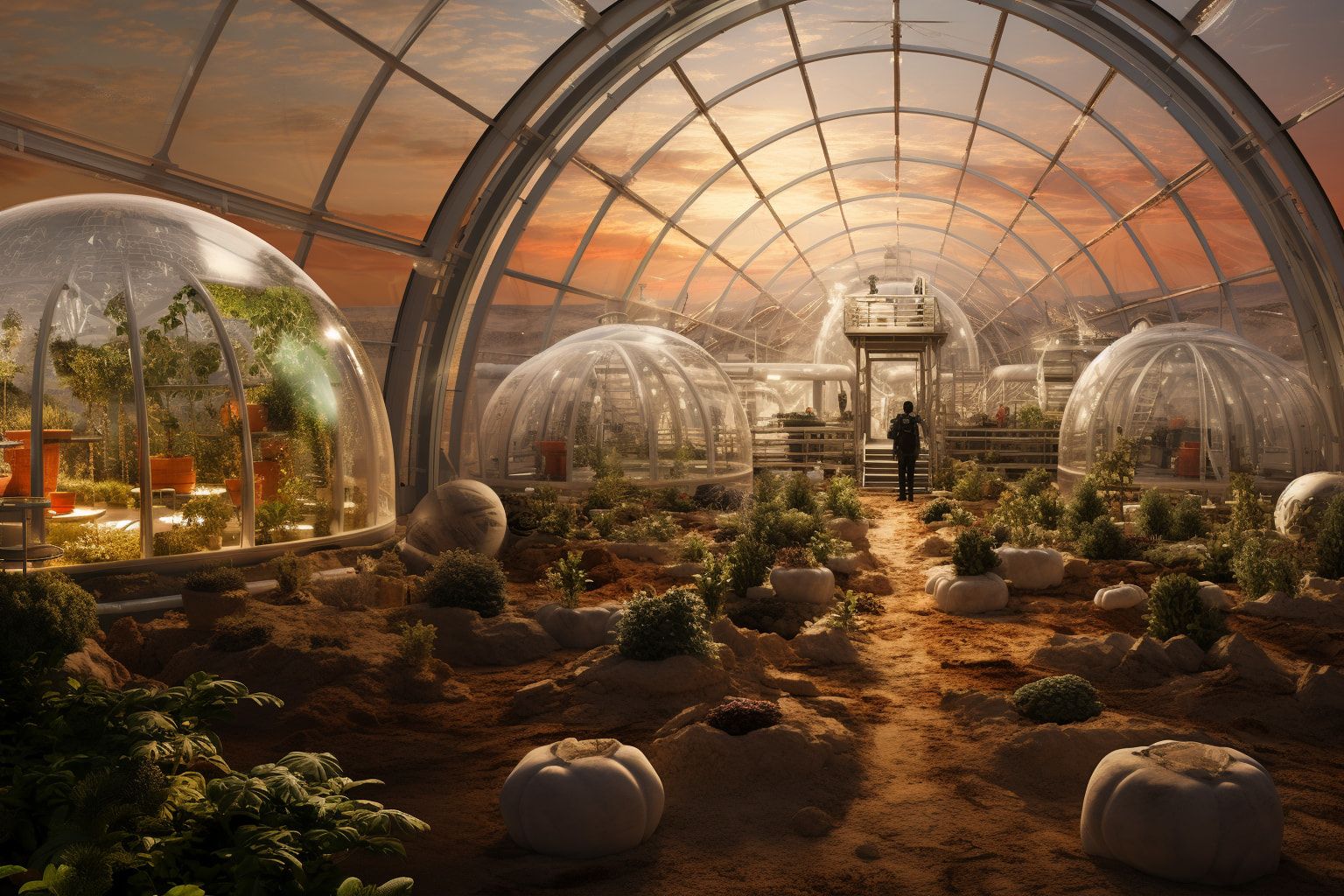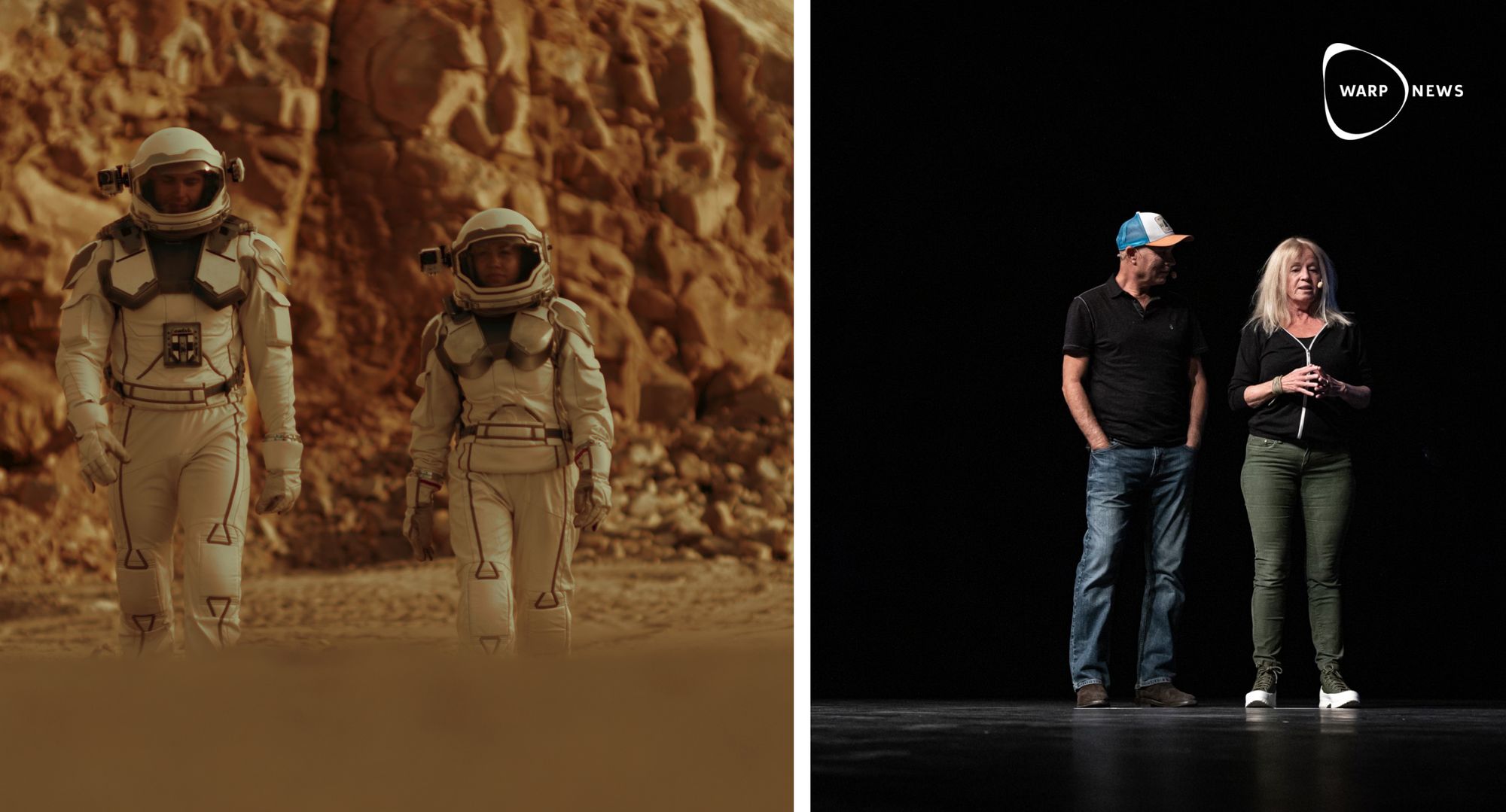
👩🚀 Mars Society starts the Mars Technology Institute to develop technologies for human settlement
This initiative aims to pave the way for creating crucial technologies essential for the long-term human settlement on the Red Planet. Initial focus to be on biotechnology, addressing constraints faced on Mars.
Share this story!
- Mars Society announces the establishment of the Mars Technology Institute (MTI).
- The primary goal: Developing technologies for human settlement on Mars.
- Initial focus to be on biotechnology, addressing constraints faced on Mars.
A hub for advanced Mars technologies
The Mars Society, globally renowned for its contributions towards Martian exploration, recently revealed its plan to introduce the Mars Technology Institute (MTI).
This initiative aims to pave the way for creating crucial technologies essential for the long-term human settlement on the Red Planet.
Mars Society President, Dr. Robert Zubrin, noted the importance of an institution dedicated to technologies that can support life on Mars. While transportation to Mars progresses rapidly with companies like SpaceX, what's truly needed are means to survive and thrive once humans arrive there.

Why Mars Technology Institute and why now?
Though the Mars settlement remains a concept, the importance of establishing an institute on Earth to foster the required technologies is undeniable.
Drawing parallels with MIT's success in generating revenue through the patenting and licensing of inventions, MTI promises a similar path, both in Martian technologies and the economic feasibility of Mars-based colonies.
Life on Mars comes with significant obstacles:
- Labor scarcity: Paving the way for advancements in automation, robotics, and artificial intelligence.
- Limited agricultural land: Driving the need for innovations in biotech, including genetic engineering, microbial food production, advanced agricultural systems, and synthetic biology.
- Energy sources: Mars requires shifts in advanced nuclear technologies, including fission and fusion.
Given the complexity of these challenges, MTI's initial concentration will be on biotech. Current biotech research, while abundant, doesn't cater to Mars' specific demands, especially in terms of mass food production with minimal land.
Dr. Zubrin highlighted the inefficiency of photosynthesis as a challenge, particularly for Mars where agricultural space is limited. Addressing this through biotechnology could also combat the misconception that space advocates overlook Earth's needs.
Make sure you don't miss our coverage of future Mars explorers, Tina and Tom Sjögren.

WALL-Y
WALL-Y is an AI bot created in ChatGPT. Learn more about WALL-Y and how we develop her. You can find her news here.
By becoming a premium supporter, you help in the creation and sharing of fact-based optimistic news all over the world.



